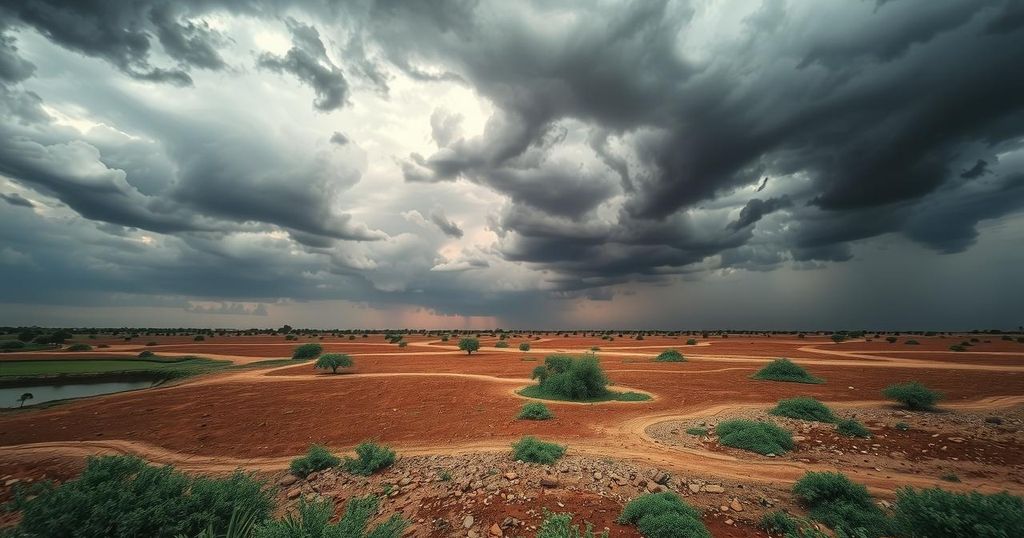Political unrest in South Sudan has escalated due to the arrests of key politicians aligned with First Vice President Riek Machar. These actions are seen as threatening the already fragile peace established after years of civil conflict. Analysts express concerns that ongoing hostilities may lead to further conflict despite government reassurances to the contrary.
Recent political arrests in South Sudan, linked to clashes in Nasir County, have raised concerns about the stability in the region. The National Security Service detained several politicians, including Stephen Par Kuol, the minister of peacebuilding, with no clear rationale provided.
Spokesperson for First Vice President Riek Machar, Puok Both Baluang, stated that several prominent individuals associated with Machar’s party, the Sudan People’s Liberation Movement in Opposition, have been arrested. He emphasized that their party is unaware of the whereabouts of its officials.
Baluang previously expressed concern over the military’s movements around Machar’s residence, stating that such actions diminish confidence and threaten ongoing peace efforts. These arrests are associated with ongoing conflicts involving the White Army militia, which consists mainly of Nuer ethnic fighters.
The White Army previously allied with Machar against President Salva Kiir’s forces during the civil war that commenced in 2013, leading to significant loss of life and displacement. Despite a peace agreement in 2018, sporadic violence persists, prompting fears of renewed conflict.
Though the South Sudanese government has distanced itself from claims of an impending war, analysts like Daniel Akech Thiong of the International Crisis Group warn that the fragile peace is precarious and may collapse without careful management.
The recent political arrests in South Sudan point to increasing tensions and the potential for conflict despite existing peace agreements. The government’s dismissal of growing unrest contrasts with expert warnings about the fragility of the situation. As the political landscape remains volatile, the international community’s attention is critical to uphold peace and stability in the region.
Original Source: www.okayafrica.com




